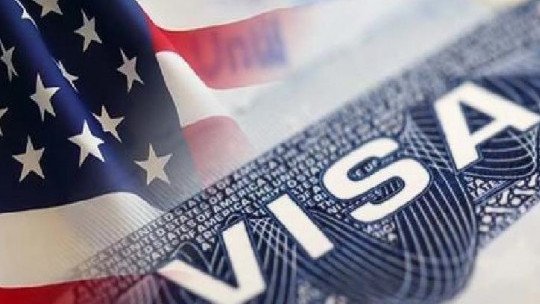Jamaica Urged to Engage in Talks as US Visa Bond Policy Looms
In a rapidly changing immigration landscape, two US-based immigration attorneys are calling on the Jamaican government to initiate diplomatic discussions with Washington. This comes as the Trump administration intensifies its scrutiny of countries with high visa overstay rates, a situation that could have significant implications for Jamaican travelers.
New Visa Bond Policy: What You Need to Know
Starting August 20, a new pilot program will roll out, potentially requiring some travelers entering the US on business or tourist visas to post a bond of up to $15,000. This initiative targets countries with a history of visa overstays, weak screening systems, or citizenship by investment programs that don’t necessitate residency. While Jamaica is not currently on this list, attorney Wayne Golding warns that the situation is fluid and could change.
Golding explains that the bond policy serves dual purposes: it acts as a national security measure and a diplomatic tool aimed at pressuring governments to curb visa overstays. He emphasizes the importance of Jamaica’s Foreign Affairs Ministry engaging with US officials to bolster the country’s immigration standing.
Addressing Concerns Over Documentation
Golding highlights that the US has concerns regarding the authenticity of documents presented by travelers. “Jamaica is far ahead in terms of proper documentation,” he asserts, noting that issues like fake birth certificates and marriage licenses are being addressed. This proactive approach could help mitigate some of the concerns that the new visa bond policy aims to control.
Citing data from the US Congressional Research Service, Golding points out that only one to two percent of non-immigrant visitors overstay their visas each year. This statistic suggests that the majority of travelers comply with visa regulations, making the bond policy seem somewhat disproportionate.
The Role of Public Education
Attorney Kevon Miller emphasizes the need for the Jamaican government to focus on reducing overstay rates through public education campaigns. “It’s an educational process,” he says, stressing the importance of ensuring that Jamaicans understand their responsibilities when traveling to the US. “We have to maintain that relationship,” he adds, acknowledging the fluid nature of the situation.
Miller believes that the pilot program will serve as a test for Jamaica’s immigration practices. “The US is watching how we operate during this one year to determine our future standing,” he explains. This collective effort, he argues, involves not just the government but also the citizens of Jamaica.
A Look Back at Previous Initiatives
Interestingly, this isn’t the first time such a program has been proposed. A similar pilot initiative was launched in November 2020 during the final months of Trump’s first term. However, it was never fully implemented due to the global travel restrictions imposed by the COVID-19 pandemic. The current pilot aims to gather insights that could inform future use of visa bonds if deemed operationally feasible.
What Lies Ahead?
As the August deadline approaches, the Jamaican government faces a critical juncture. Will they take proactive steps to engage with US officials and educate their citizens? The stakes are high, and the implications could affect countless families and businesses. As the world watches, one question lingers: How will Jamaica navigate this complex diplomatic landscape to protect its citizens’ travel rights?

